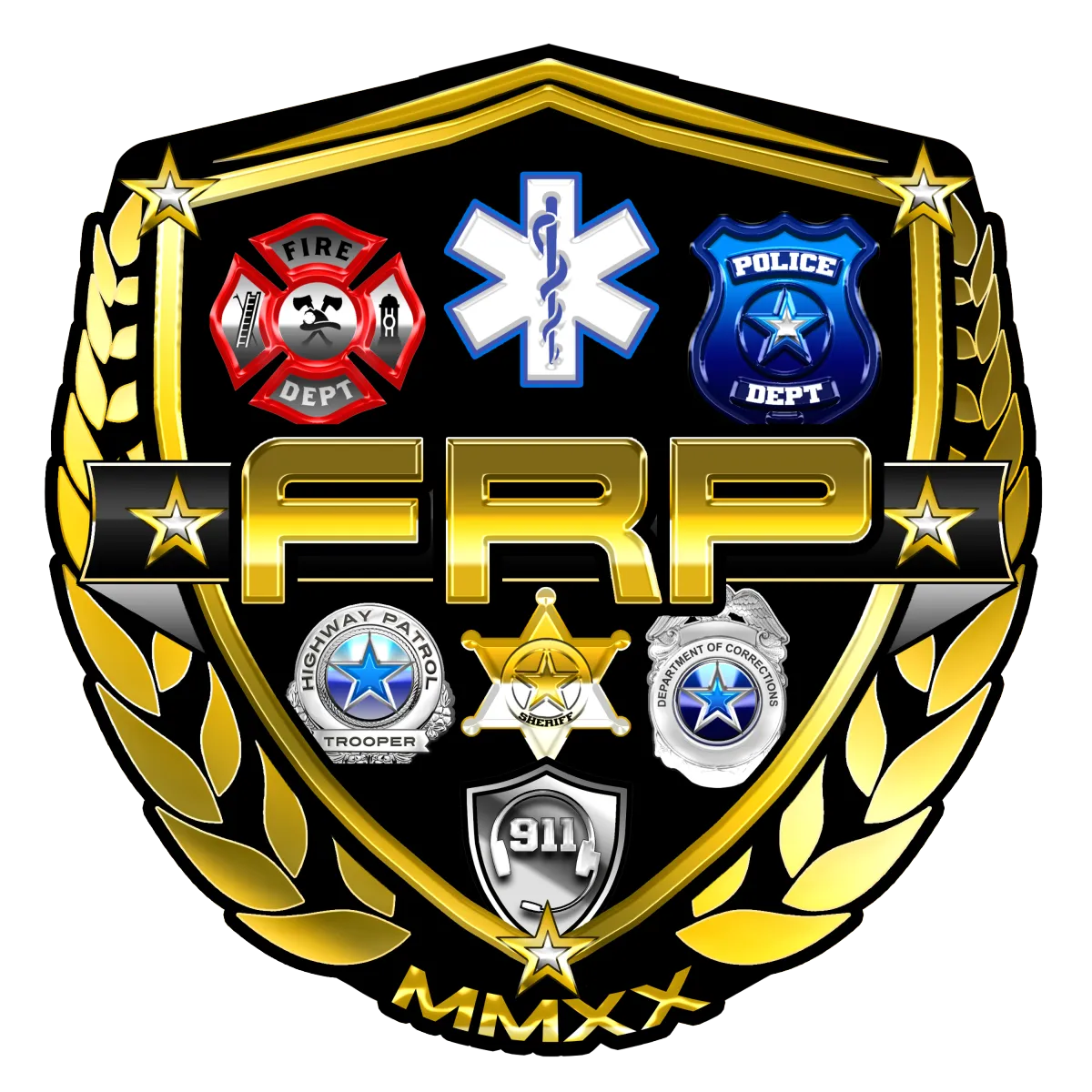Need Help Now? Please call: 1-800-273-8255 or 1-866-4FL-HERO
404
Uh oh! There seems to be an error.
Sign Up for Our Newsletter!
First Responder Project
A 501(c)(3) charitable organization
Jacksonville, FL
866-940-4911 (toll-free)
904-560-5450 (local)
Copyrights 2025 | © First Responder Project 501(c)(3) | Terms & Conditions | Privacy Policy
